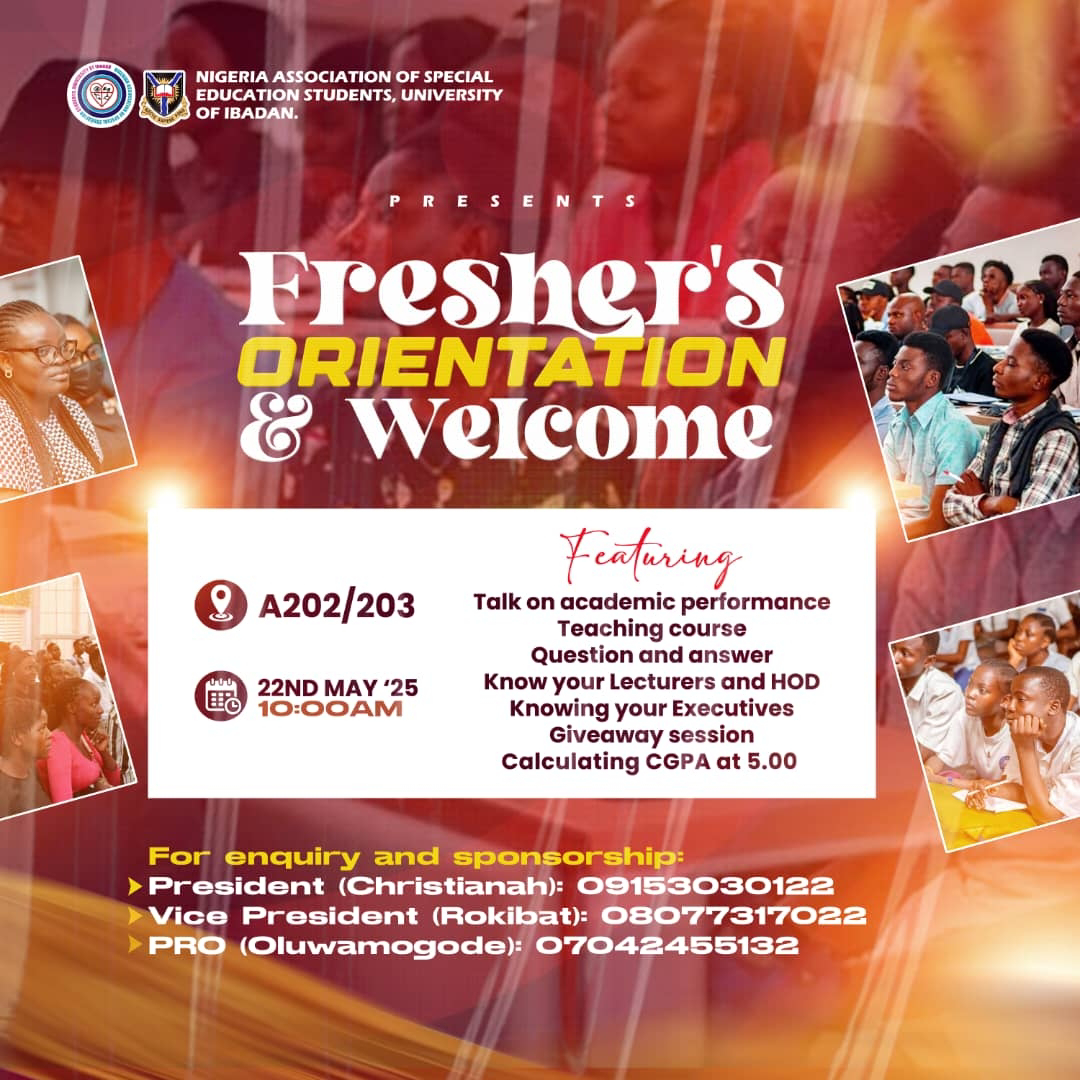"DEAFGLISH": The Language Of The Deaf
By 'Biola Funwontan.
I am ready to bet my new 30,000 capacity Power bank that in your wildest imagination, you don't know what DEAFGLISH is or never had the barest of minimum acquaintanceship with it. I would not be even surprised if you are hearing it for the first time as referenced in this article. That, is in the event you are not a deaf person. DEAFGLISH is quite common among the deafs of every culture, and those that have close farmiliarity with the deafs.
It is a common place terminology used in the daily lives of deaf people. Invariably, it is used also interchangeably in their lives vis a vis their disability. Same way there could never be a spark without smoke; there is no deaf without DEAFGLISH! The Deaf and DEAFGLISH have a constantly evolving, and immutable affinity.
DEAFGLISH Is the officially recognized language of the deaf worldwide. It is as simple as that. The way normal people would resort to conventional use of English language for expression, it is the same with the Deafs.
They use DEAFGLISH to communicate and express. As unbelievable as it may sound,DEAFGLISH is actually popular and has been foreverly in existence for nearly as long as there had been deafness.
Because deaf people generally have a primary problem of fluency in the use of English language due to hearing and communication problems, they produce inappropriate forms of English language expressions that would not make sense to a normal English user with proper hearing and thus, a good grasp of the English language. It would seem quite out of place in their hearing.
A typical deaf person with hearing and communication disorder that has an impaired understanding and the inability to command an intelligent use of the English language might say:
"Me intelligence very!"
What he or she is trying to say in the real and appropriate lexical term is:
"I am Very Intelligent!"
Another one:
"Biscuits buy but money no."
Meaning:
"I want to buy biscuits but I don't have money."
The above expressions might not make the tiniest bit of sense to a normal person with good command of the English language but to the deaf, it is the proper language. As simple as that.
Remember,in the case of a congenital cause, deafness severely impairs the deafs from the acquisition of language. Therefore, those that have managed to acquire language could basically only express themselves at the lowest basic stage possible.
Ultimately, that broken down form of English language that might not make sense to anybody else but the deaf is called DEAFGLISH. It is the language of the deaf and a center point of their own unification. Their legal tender of exchanging ideas, expressionism, etc.
To the rest of the world, it is ENGLISH. To the deaf, it is DEAFGLISH.
It has its own rules and command. Concordant methods of play. Stylized intonation. Rules of expression. Grammar and of course, principles of usage. All of which,in one solemn voice, tells you in the most uncanny way of its own sense of amazing uniqueness.
Go, DEAFGLISH!!



Comments
Post a Comment